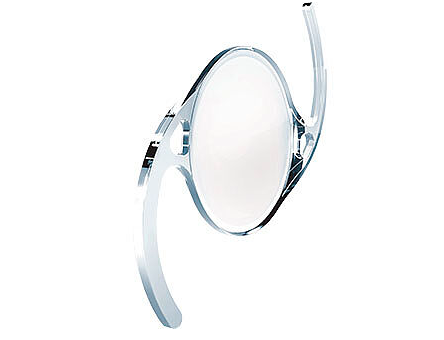

At Eyesight Ophthalmic Services, we offer the most advanced options to customize your vision with cataract surgery, based on your individual lifestyle needs. Based on our findings during your initial cataract examination, we will inform you of which lens is the best option for you. There are several different lens options including basic monofocal lens implants and several high quality, name brand premium lens implants.
Until recently, you have only had the following options for cataract surgery:
Basic Option #1 – You could have a basic lens replacement which involves a lens that could make you see well in the distance (with or without glasses) but you would need reading glasses or bifocals to perform any close tasks.
Basic Option #2 – You could opt for monovision, where one eye is used for distance and one is used for near. This is not for everyone. Many people who tried monovision prior to surgery (usually with contact lenses) felt their depth perception was off or they found they couldn’t see well in the distance. If you were one of the lucky ones who adjusted to having one eye for each task, and did well with monovision, it may be a good option for you with cataract surgery. Again, this may not be ideal for everyone.
With single-vision lens implants, there is a very high likelihood that you will need glasses for most near and intermediate-vision activities after surgery, even if you do not wear near-vision glasses before surgery. These activities include such things as reading, applying makeup, shaving, sewing, reading, seeing your watch, dialing a cell phone, and baiting fishhooks. In addition, if you have pre-existing astigmatism in the eye, you will likely need to wear distance and near glasses for your best vision. Medicare and most private insurance carriers will pay between 80% to 100% of your cataract surgery and the monofocal lens. This is considered basic coverage.